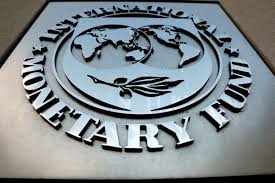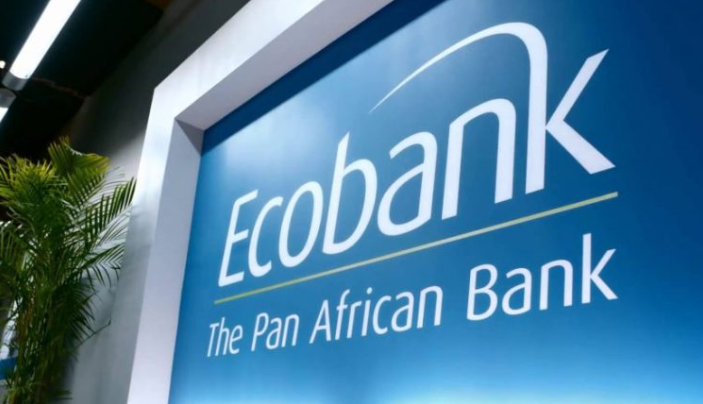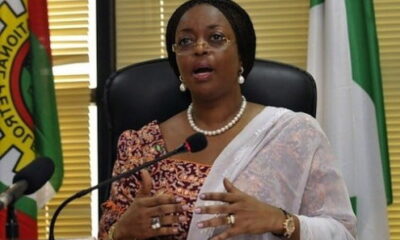Zambia has suffered a significant setback in its attempts to restructure its debt as it announced on Monday that official creditors, including China, refused a revised agreement to rework $3 billion of Eurobonds.
The creditor said that the deal could not be implemented at this time. The International Monetary Fund (IMF), Zambia, and the Official Creditor Committee (OCC) of the country had “expressed reservations” over a deal the country struck with overseas bondholders and whether the initial agreement reached with a group of bondholders in late October provided equivalent debt relief from bilateral and commercial lenders.
The IMF staff assessment revealed that the first proposed deal with bondholders would have violated the fund’s Debt Sustainability Analysis (DSA) targets. By 2024, the ratio of debt service to government revenue would have risen to 16.7%, trillion surpassing the target of 14% by 2.7 percentage points.
The multilateral body stated that in the meantime, the debt-to-exports ratio’s present value would have been 85%, one percentage point higher than the 2027 target.
Major creditor, China, last week called on other creditors to shoulder a “fair burden” amidst the country’s recent push for debt restructuring. Zambia re-engaged with the Ad Hoc Creditor Committee of Bondholders in response to these reservations, and talks are actively proceeding.
In a statement, the Zambian government referred to a two-pronged strategy that called for varying degrees of debt relief based on the nation’s economic performance.
“The OCC, through its Co-chairs, concluded that Comparability of Treatment would not be achieved in the Base Case scenario, although would be achieved in the Upside Case scenario”, it said.
According to Zambia’s government, the OCC co-chaired by China and France insisted that official creditors could not agree on how much more would need to be given by bondholders in the base case to adhere to the Comparability of Treatment principle.
Meanwhile, the External Bondholder Steering Committee has maintained that it was extremely concerned about the recent events and that when compared to official creditors, its most recent offer would provide more debt relief on a net present value basis and a principal haircut when official creditors were willing to give none.
Zambia’s international bonds dropped more than 2.6 cents on the dollar following the statement, Tradeweb data showed.
“The OCC is demanding debt relief from commercial creditors that is materially higher than either the Government or the IMF deem necessary to restore debt sustainability,” the bondholder committee said in a statement.
“It is creating very clear inter-creditor equity issues and is going far beyond the OCC’s envisaged role under the Common Framework in verifying Comparability of Treatment.”
Three years ago, Zambia defaulted on its external debt, resulting in a recession after the COVID-19 pandemic. To stabilise its economy, the country has since asked its bilateral creditors for restructuring.


 Behind the News2 days ago
Behind the News2 days ago
 Musings From Abroad1 day ago
Musings From Abroad1 day ago
 Sports1 day ago
Sports1 day ago
 Tech1 day ago
Tech1 day ago



























